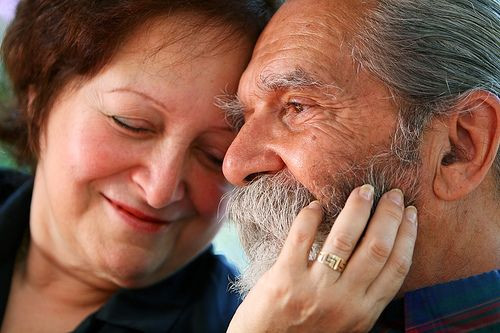Sex Life and Prostate Cancer: Study Addresses Erectile Dysfunction

A study found that adverse sexual outcomes after prostate cancer treatment can be predicted, as researchers look to set appropriate expectations for men.
Scientists found the capability of a man to achieve functional erections suitable for intercourse after treatment varies greatly according to age, sexual life before treatment and the extent of his cancer, according to a study published Tuesday in the Journal of the American Medical Association.
Older men with previous low sexual function had the worst chance of good sexual function after treatment.
"Erectile dysfunction is a well-recognized consequence of primary prostate cancer treatment. Accurate prediction of this adverse sexual HRQOL outcome is pivotal to set appropriate expectations and facilitate medical decision-making," the study noted.
The study analyzed about 1000 men who had undergone three treatments for prostate cancer: prostatectomy (surgical removal of the prostate), external radiotherapy (radiation), and brachytherapy (implants of radioactive seed).
Overall, among the men who underwent prostatectomy, only 35 percent reported functional erections 2 years after treatment.
Among those men who had radiotherapy only 37 percent reported functional erections 2 years after treatment, and 43 percent of those who underwent brachytherapy had adequate erections in the same period of time, according to the study.
"The ability to inform individual patients how likely they are to develop erectile dysfunction based on their personal baseline sexual function, cancer severity, individual clinical characteristics, and treatment plan has been elusive," the authors said in the study.
"Our findings address this need by providing a validated, broadly applicable framework to predict the probability of long-term, post treatment erectile dysfunction for individual patients."
Published by Medicaldaily.com



























